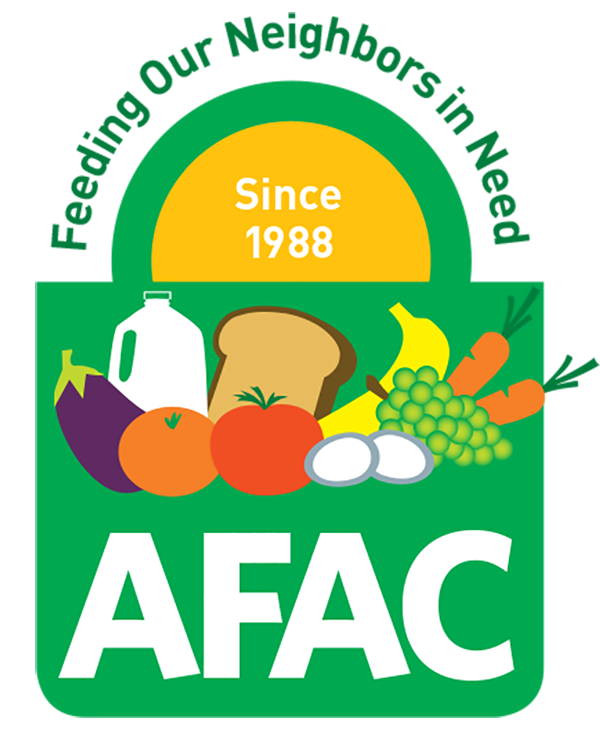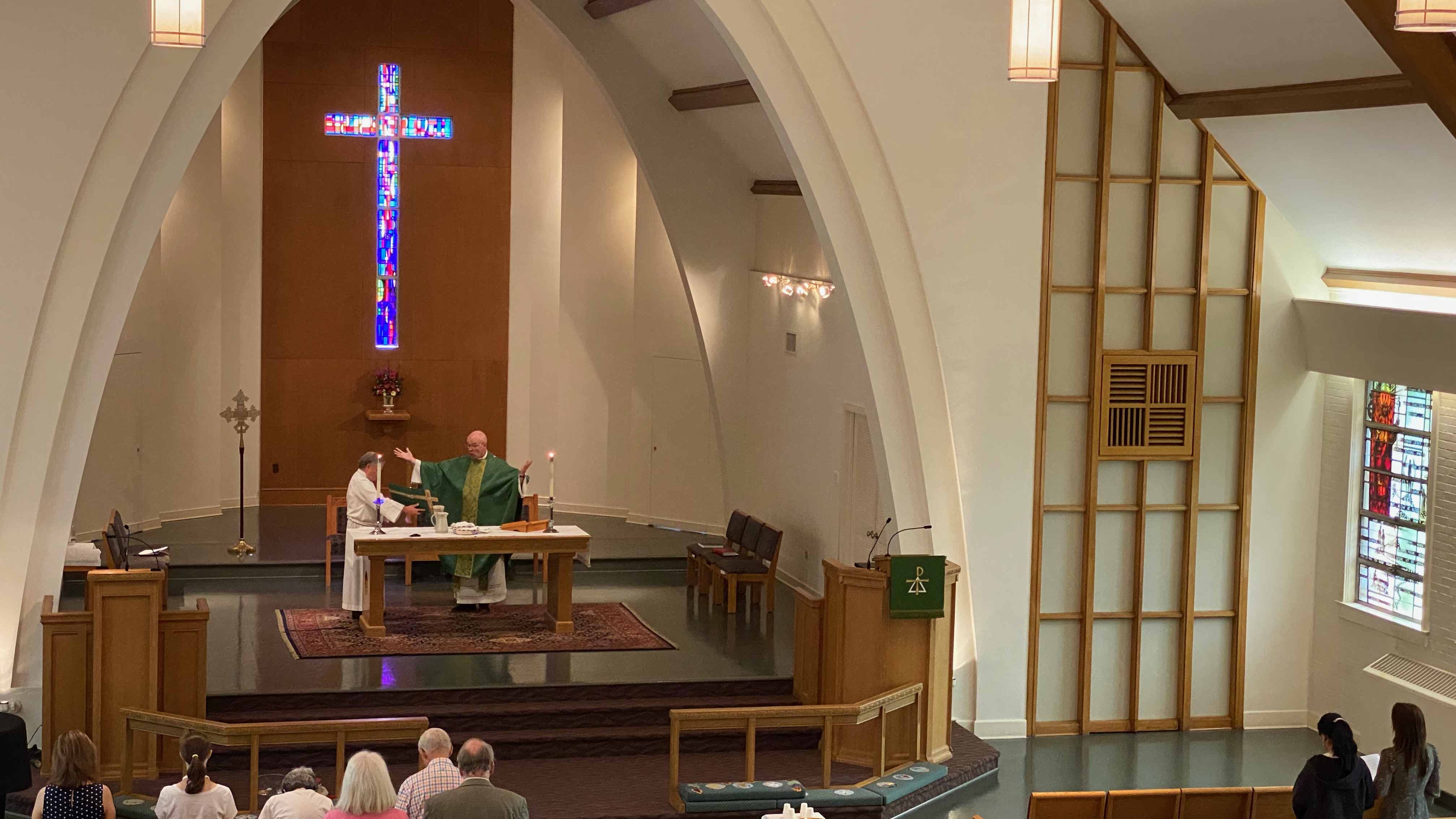Hymn of the Day: “O Blessed Spring” ELW 447
Text: Susan Palo Cherwien (1953-2021)
Tune: BERGLUND, Robert Buckley Farlee (1950)
The images of “O Blessed Spring” draw the singer into the seasons of life with warmth and beauty. Many hymns have a theological treatise to prove. Each stanza advances information like a legal case that culminates in a closing argument in the final stanza. By contrast, each stanza of “O Blessed Spring” unfolds like a bud into a blossom. The singer comes to the final stanza, not with the triumph of a well-made theological argument, but with a sense of wonder that comes from glimpsing sacred mystery.
A baptismal image was the source for “O Blessed Spring.” Susan Palo Cherwien describes her inspiration: “Above the baptismal font in Lutheran Church of the Good Shepherd in Minneapolis hangs a striking bronze sculpture by the late Paul Granlund, a sculpture which embodies the image of John 15:5 ‘I am the vine; you are the branches.’ Granlund cast a tree with four branches depicting the four ages of human life, with Christ as the central trunk. This bronze provided the structure for the text ‘O Blessed Spring,’ the words of which are woven around a central Christ image.”
In stanza two of the hymn, Mrs. Cherwien equates the “summer heat” with “youthful years” and “uncertain faith, rebellious tears.” During the season of autumn (stanza three), the limbs of the tree are ripe with “heavy harvest.” This season offers “beauty, wisdom, love.” Stanza four explores the season of winter where “We breathe our last, return to dust.” Yet, “in Christ, our souls take wing”; thus the lifecycle is complete in the “promise of spring.” The final stanza introduces a baptismal, sacramental tone, the original inspiration of the hymn, in “this blest mystery” as
Word and water thus revive
And join us to your Tree of Life.
Mrs. Cherwien is a freelance writer and musician. She received her bachelor’s degree in church music and voice from Wittenberg University, her Abschlussprüfung (final examination) in voice from the Hochschule der Künste Berlin, and a Master of Liberal Studies from Mundelein College, where she focused on spirituality, ritual, and the arts.
Though in the ELW this text is paired with another tune, the poet originally wrote the text so that it would fit the melody O WALY WALY, an English folk melody.
Choir Anthem: Creator Spirit By Whose Aid, Vernon Hoyle (1948)
With a text by John Dryden (based upon Veni Creator Spiritus), Vernon Hoyle gives us a broad, grand anthem in the English cathedral style.
Curiously The poems of Dryden show high excellence in fields widely different from another. He was for years the leader of the English stage, a writer of tragedy, comedy, and tragi-comedy. Though the gross immorality of his dramas has long made them unreadable, his influence on poetry has been enduring. His name has recently assumed a new importance to the students of hymns, from a claim made on his behalf in regard to a considerable body of translations from the Latin published after his death. Until recently, Dryden's known contributions to hymnody consisted of only three pieces, the best known of these the translation of “Veni Creator.”
Vernon Hoyle was born in Hatfield, South Yorkshire. In his sundry capacities as chorister, organist, choral director, composer, arranger and editor he has been active in Anglican church music for over fifty years. His compositions and arrangements, many of which are published, comprise educational works and choral music, much of this for the Anglican church.
Opening Voluntary: “Easter Hymn”, Michael Bedford
As Eastertide nears its completion, I hope you will enjoy a few quiet moments with a meditation on the usually boisterous “Jesus Christ is risen today.”
Michael Bedford is Organist/Choirmaster Emeritus of St. John’s Episcopal Church in Tulsa, Oklahoma. After 50 years in the church music business, and 25 of those years at St. John’s Church, he is now retired. Currently he serves as President of the American Guild of Organists. In his spare time he continues to compose and write mystery novels.
Closing Voluntary: “Dance: Gaudeamus Pariter” Mary Beth Bennett (1954)
Today’s Closing Voluntary is a setting of the hymn tune Gaudeamus Pariter, by Johann Roh (1487-1547), which leads us to speak of pseudonyms. Johann Roh was a native of Bohemia. Roh was his name in Bohemian, but when he wrote in Latin he called himself Cornu, and when he wrote in German, he called himself Horn. In the ELW, this tune is paired with the text “Come, You Faithful, Raise the Strain.”
Mary Beth Bennett is a recognized performer, improviser and composer living in historic Richmond, Virginia. She serves on the adjunct music faculty of the University of Richmond, and is Director of Music Ministries at Grace Covenant Presbyterian Church in Gloucester, Virginia.. She has previously held various positions in Washington, D.C., including at the Basilica of the National Shrine of the Immaculate Conception.






